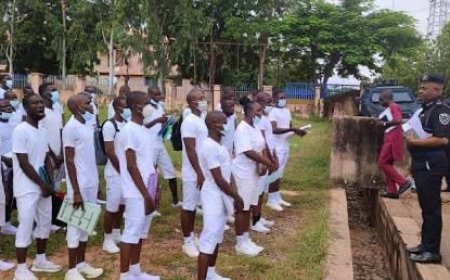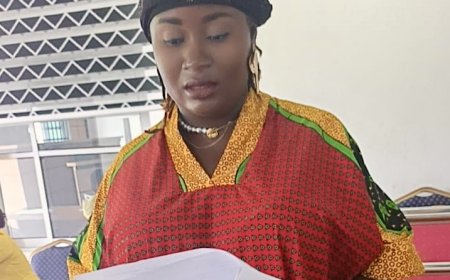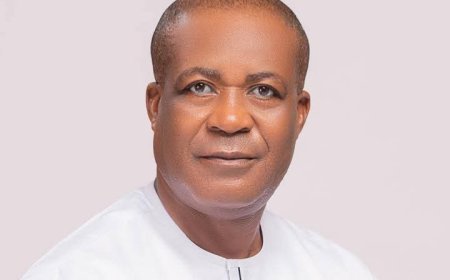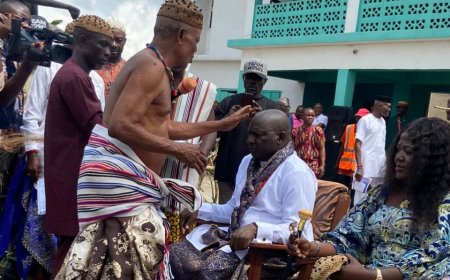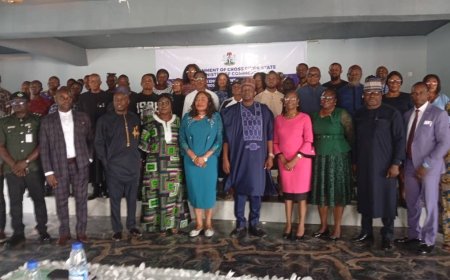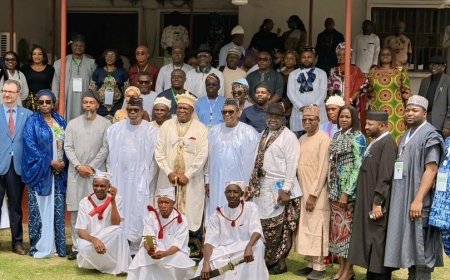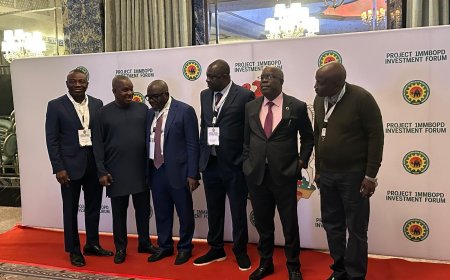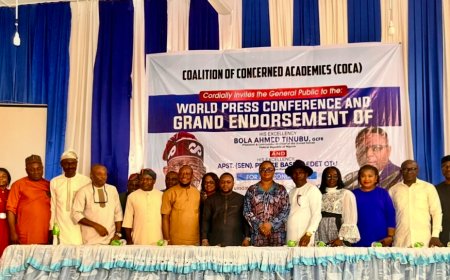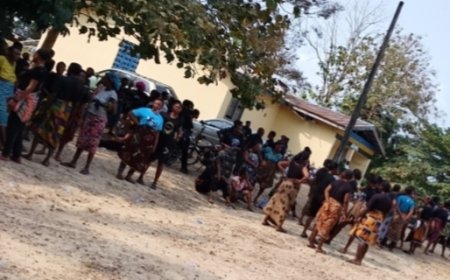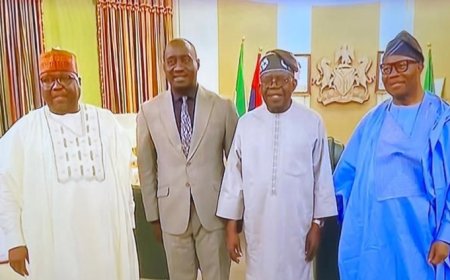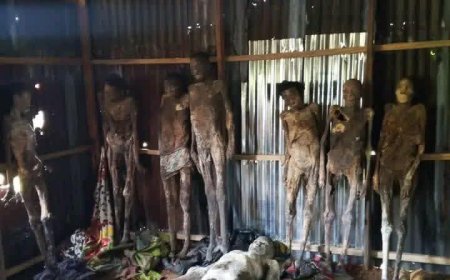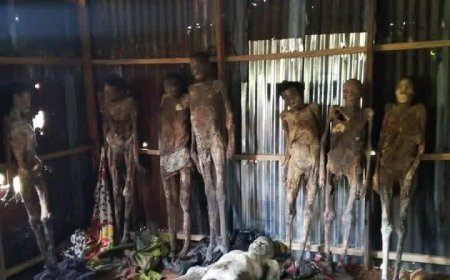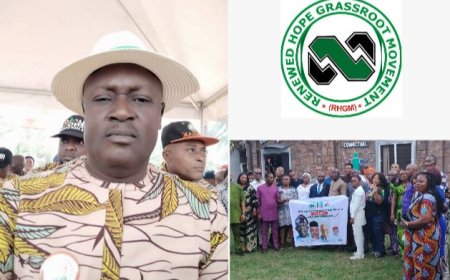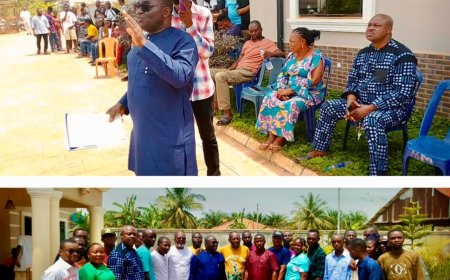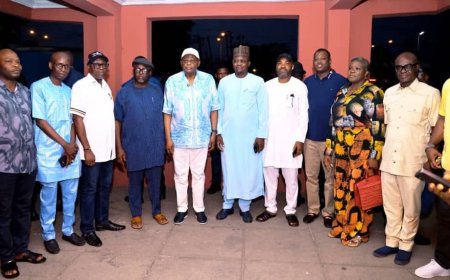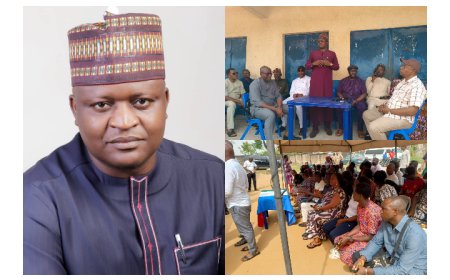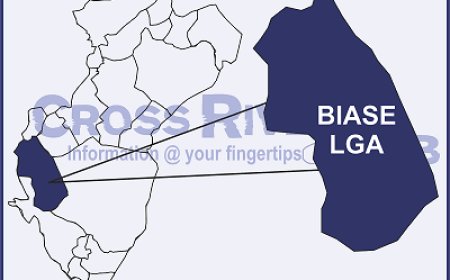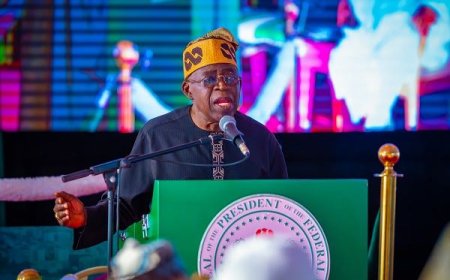A' Ibom, C’River in Fresh “War” Over 76 Oil Wells
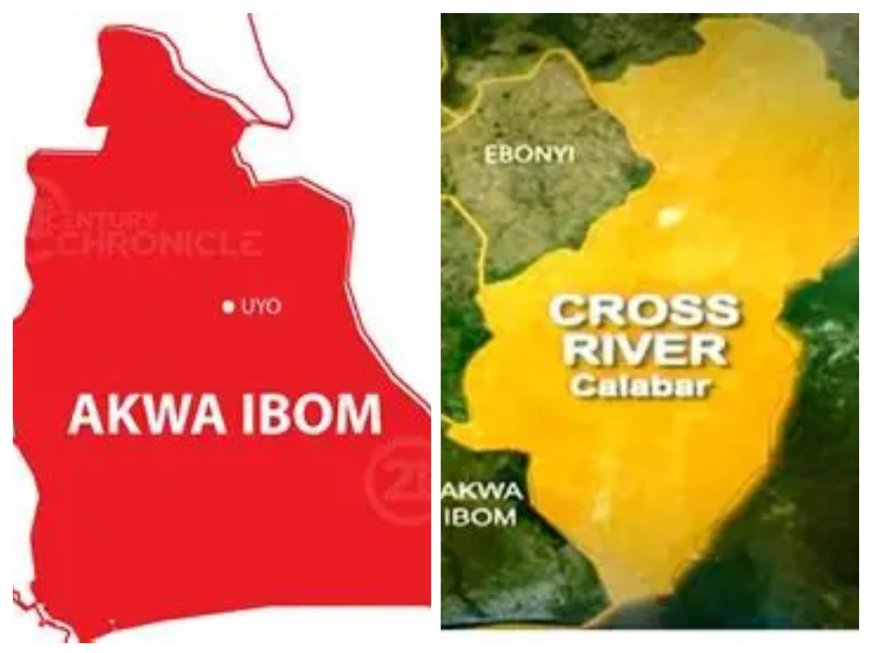
By Ekanem Ekanem
Akwa Ibom and cross River states have resumed fesh political battle over the ownership of 76 oil wells even as Supreme Court have ruled on the matter on July 2012. Cross River State government recently rekindled debates, particularly among political stakeholders and advocacy groups in the state, many of whom argue that the loss of the oil wells has deepened the state’s economic woes. They are now seeking a negotiated resolution through the intervention of President Bola Tinubu’s administration.
While Akwa Ibom state government has dismissed renewed calls for a political resolution of the long-settled dispute over the ownership of 76 oil wells, insisting that the matter was conclusively addressed by the Supreme Court over a decade ago, Cross river state argue that Akwa Ibom claim is a “misrepresentations and outright falsehood” aimed at distorting the facts of the long-standing boundary and revenue dispute between the two states.
Akwa Ibom reaffirms Supreme Court judgment
Speaking during a live interview on ARISE TV on Sunday, the State Commissioner for Information, Rt. Hon. Aniekan Umanah, urged the public to ignore fresh narratives suggesting the issue is still open for review, reaffirming that the Supreme Court ruling of July 2012 remains binding and irreversible.
“This is a settled matter. The Supreme Court ruled on it over a decade ago and that judgment remains the law today. That’s the highest court in the land. Once the Supreme Court gives a ruling, it is final. This is not even a matter for further discussion,” Umanah stated. Legal advice
Umana stated that the latest public interest in the oil wells dispute follows reported efforts by the Cross River State Government under Governor Bassey Otu to lobby the Federal Government for a political solution that could potentially reverse the 2012 Supreme Court judgment in Cross River’s favour cannot hold water. He added that Cross River state lost the oil-rich areas after the ceding of the Bakassi Peninsula to Cameroon, a development that subsequently affected its status as a littoral state and, by extension, its claim to offshore oil wells. In the ensuing legal battle, the Supreme Court ruled in favour of Akwa Ibom, transferring rights over the 76 oil wells and associated derivation revenue to the state. Government grants
He further insisted that the matter is legally concluded and that any attempt to reopen it would not only undermine the integrity of the judiciary but also set a dangerous precedent, explaining that Akwa Ibom did not initiate the court case but merely benefitted from a just and final legal process. Legal advice
Cross River Gov't Insists On Review of Judgement
In a press statement in reply to Akwa Ibom state and signed by the Commissioner for Information, Dr. Erasmus Ekpang, Cross River state government described as an attempt to rewrite the historical and legal context of the oil well matter.
“Ordinarily, the Cross River State Government would not join in litigating this matter in the court of public opinion, as our sister state appears eager to do,” the statement read.
“However, due to the gravity of the falsehoods being circulated, it is important to restate the facts clearly.”
The statement recalled that the origin of the dispute dates back to the 2002 judgment of the International Court of Justice (ICJ), which ceded only the Southern portion of the Bakassi Peninsula to Cameroon, leaving Western Bakassi within Nigerian territory, and specifically within Cross River State.
Despite the ICJ judgment and the signing of the Green Tree Agreement in 2008, Cross River State said it was deliberately excluded from a crucial retreat in Kano that same year, during which the National Boundary Commission and Revenue Mobilization, Allocation and Fiscal Commission (RMAFC) applied a controversial “technical option” to allocate 76 oil wells in Western Bakassi to Akwa Ibom State.
“It is important to note that Cross River was not invited to the Kano retreat, as there was no boundary dispute with Akwa Ibom prior to August 2008. Yet, the process was manipulated to dispossess Cross River of its rightful claim,” the statement said.
According to the Information Commissioner, Governor Bassey Otu, upon learning in March 2024 that several oil wells in OML 114 and OML 123 lay within Cross River’s maritime boundary, immediately engaged relevant federal agencies to review the matter.
An Inter-Agency Committee was subsequently established by the Revenue Mobilization Allocation and Fiscal Commission, comprising the Office of the Surveyor General of the Federation, National Boundary Commission, and the Nigerian Upstream Regulatory Commission. Observers included surveyors-general from oil-producing states, including Akwa Ibom.
“In May 2024, this committee used the 11th edition of Nigeria’s Administrative Map and the 2004 Well Dichotomy Study Map to replot the maritime boundaries. The outcome was revealing, sixty-seven (67) oil wells were found to fall clearly within Cross River State’s maritime territory,” the statement revealed.
The Cross River State Government said this “uncomfortable truth” has been deliberately suppressed by Akwa Ibom and challenges the basis of the Supreme Court judgment of 2012, which has since been used to justify Cross River’s exclusion from oil revenue allocations.
The government further confirmed that the Presidency has waded into the matter, calling for both states to engage in consultations and report back. However, it expressed concern that Akwa Ibom’s current posture, as seen in its Attorney General’s press release, shows a clear disregard for the peaceful and consultative process directed by the federal government.
“Cross River State, standing on the biblical injunction that ‘truth crushed to the ground shall surely rise again,’ remains committed to unearthing the truth and correcting the grave injustice done to her,” Dr. Ekpang stated.

